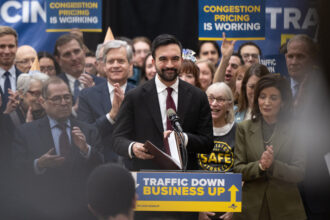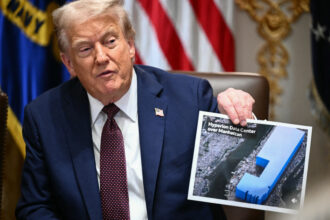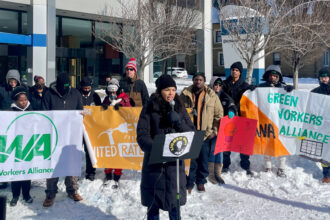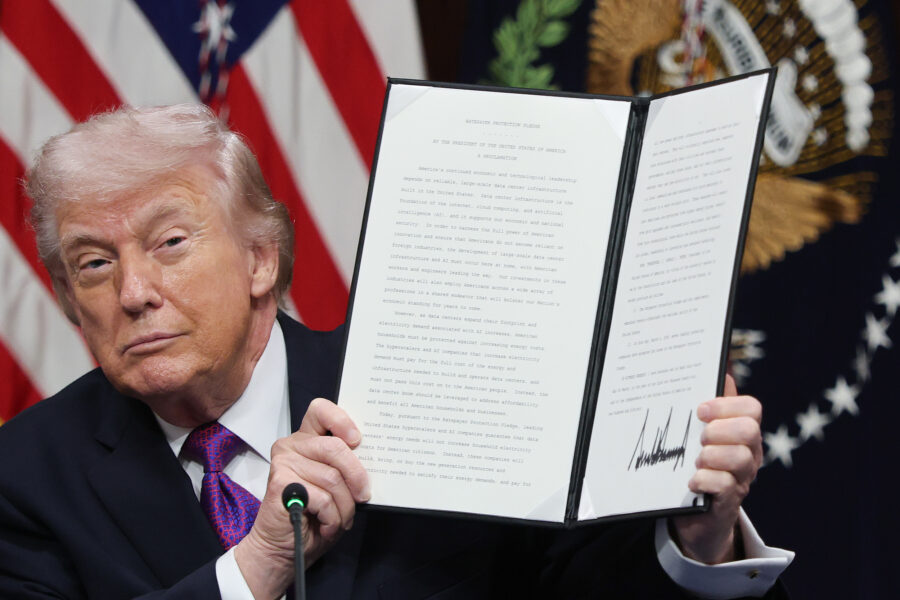Negotiators made scant progress Wednesday toward a global climate treaty that any nation, large or small, could agree to. In fact, after two years of work and nearly two weeks of intense negotiations, they backslid, officials from Oxfam, WWF and Greenpeace said.
“The meeting fell into disarray and they put brackets around the text, which means the whole thing is under question,” said Oxfam Executive Director Jeremy Hobbs.
While U.S. negotiators tied up the talks with wrangling over technical points inside the Bella Center, an estimated 4,000 protesters outside called for progress from the conference and tried to push their way in. Security was tighter with heads of state arriving, and space constraints meant fewer activists and NGOs were allowed inside.
Still undecided and crucial to a global deal is long-term financing. As Kumi Naidoo, the new executive director of Greenpeace International, explained: To expect developing countries to sign onto a treaty without money “would be like asking developing countries to jump off an airplane and saying, don’t worry, halfway down someone will give you a parachute.”
Besides, he said, it’s in the developed world’s own best interest to help out now. The cost will only get worse the longer action is delayed.
“The science says we must, technology says we can, and political leaders over the next 24- 48 hours must say they will deliver a fair, ambitious and legally binding treaty,” Naidoo said.
The Climate Action Network, a global group of about 500 non-governmental organizations promoting worldwide action to limit climate change, talked to NGO leaders involved in the climate talks for the daily video overview of the conference’s progress, above.
About This Story
Perhaps you noticed: This story, like all the news we publish, is free to read. That’s because Inside Climate News is a 501c3 nonprofit organization. We do not charge a subscription fee, lock our news behind a paywall, or clutter our website with ads. We make our news on climate and the environment freely available to you and anyone who wants it.
That’s not all. We also share our news for free with scores of other media organizations around the country. Many of them can’t afford to do environmental journalism of their own. We’ve built bureaus from coast to coast to report local stories, collaborate with local newsrooms and co-publish articles so that this vital work is shared as widely as possible.
Two of us launched ICN in 2007. Six years later we earned a Pulitzer Prize for National Reporting, and now we run the oldest and largest dedicated climate newsroom in the nation. We tell the story in all its complexity. We hold polluters accountable. We expose environmental injustice. We debunk misinformation. We scrutinize solutions and inspire action.
Donations from readers like you fund every aspect of what we do. If you don’t already, will you support our ongoing work, our reporting on the biggest crisis facing our planet, and help us reach even more readers in more places?
Please take a moment to make a tax-deductible donation. Every one of them makes a difference.
Thank you,











